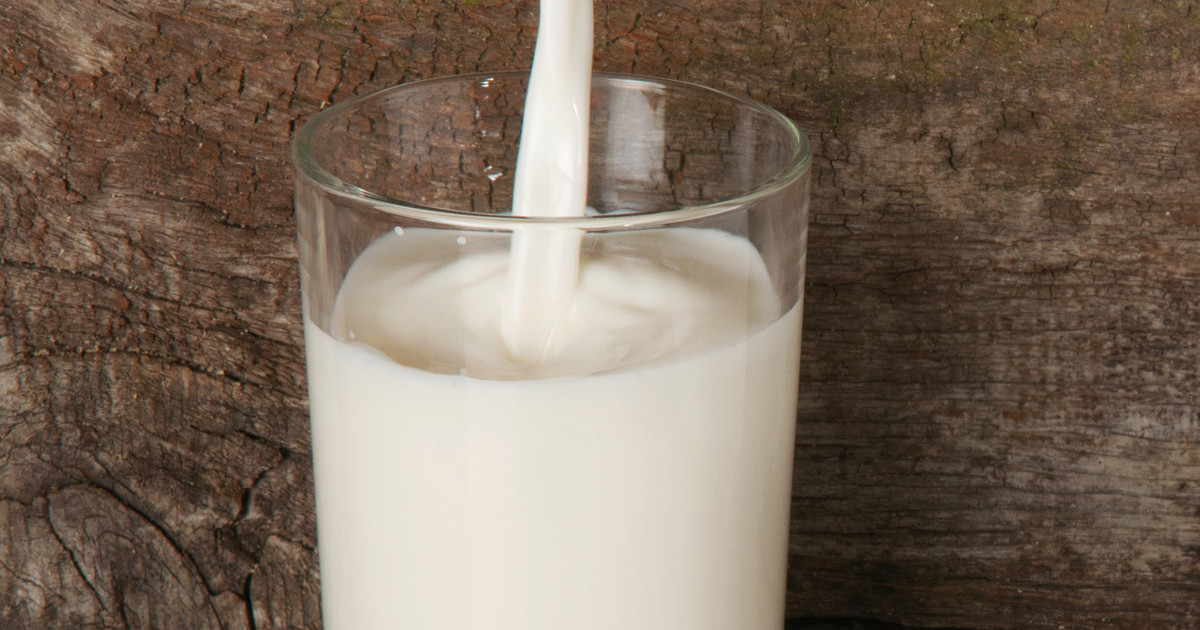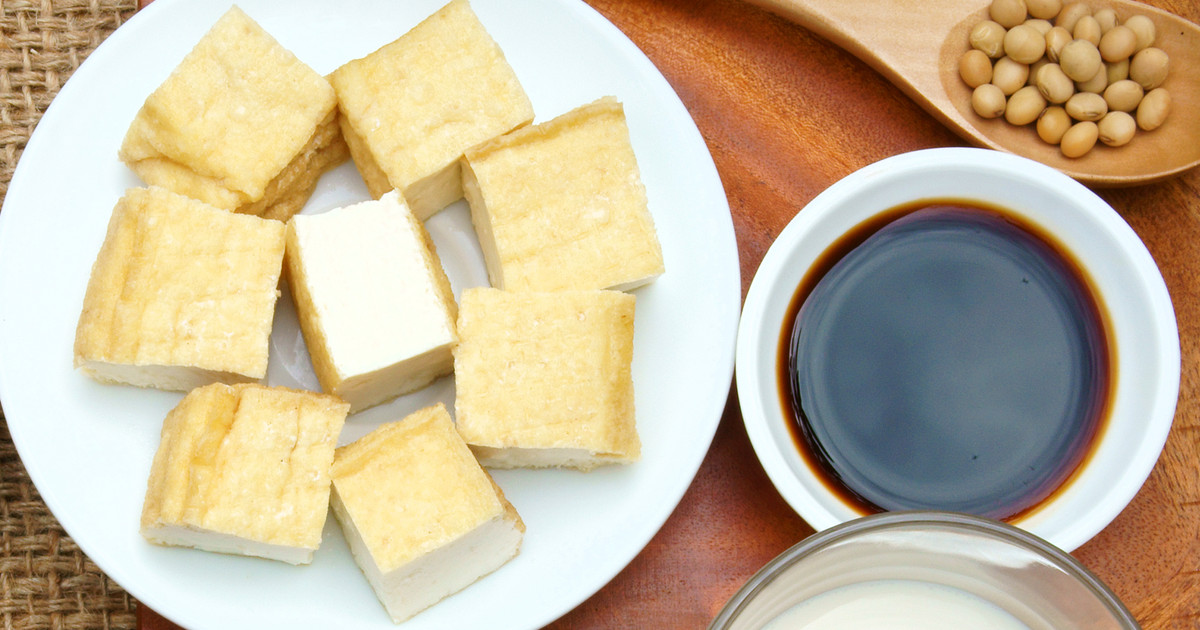Foods To Avoid For Nasal Polyps
Nasal polyps are benign growths found in the nose. The underlying mechanism that causes the development of these growths is inflammation. Prolonged inflammation in the nasal cavity can be caused by asthma, hay fever, chronic sinus infections, Churg-Strauss syndrome, cystic fibrosis, and certain anti-inflammatories. Nasal polyps can also be hereditary. Symptoms of polyps in the nose include a constant runny nose, nasal congestion, sinus pain, sleep apnea, snoring, chronic postnasal drip, and a clogged nose.
Individuals have several options to get rid of nasal polyps. Many of them turn to saline spray for nasal polyps or even a corticosteroid nasal spray. Some patients will try a neti pot for these polyps. However, sometimes other medications are necessary to shrink nasal polyps. Surgical procedures may be required for severe cases. Of course, diet matters for dealing with polyps in the nose too.
Dairy Products

Dairy products are foods and beverages made from milk, including yogurt, butter, cream, cheese, custard, and ice cream. Of course, milk itself is a dairy product too. Nasal polyps are obstructive to the nasal passageway, which mechanically causes the buildup of mucus that leads to nasal congestion. When an individual consumes dairy products, their production of mucus in the body is increased.
Additionally, the fat content in dairy products causes an individual's mucus and phlegm to become thicker than it would be otherwise. The combination of the mechanical obstruction of mucus and the thickening of the mucus due to the consumption of dairy can make symptoms of nasal polyps more severe. An individual who consumes dairy products frequently and is affected by nasal polyps is more likely to experience a chronic clogged nose and nasal congestion.
Soy Products

Soy products are produced using soybeans, a common legume. The most common products with soy are edamame, tamari, teriyaki sauce, tofu, miso, soy flour, soy sauce, and tempeh. Soy is also an alternative to dairy, so there is also a soy version of cheese, yogurt, and ice cream. Many artificial flavorings, vegetable broths, vegetable gum, vegetable starches, and Asian dishes also include copious amounts of soy.
Soy products activate a cascade of immune components that are known to produce an allergic reaction. This cascade is what causes inflammation in many parts of the body. As the oral and nasal cavities are integral parts of an individual's immune system, these areas can become affected by the inflammation that occurs with the consumption of soy products. The cascade of white blood cells and the increased mucus production can exacerbate the existing obstructive tendencies of nasal polyps in an affected individual. Thus, their symptoms will worsen.
